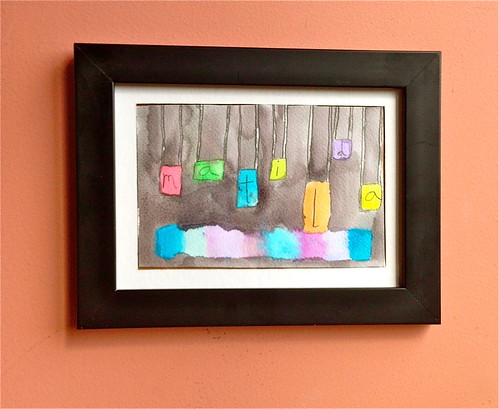‘Our phones began to blow up’: Matildas’ World Cup success is translating into off-field opportunities
Matildas #Matildas

Matildas winger Hayley Raso scored Australia’s second goal on Monday night to seal her team’s place in the World Cup quarter-finals, in front of 75,000 fans and at least two player agents.
“Our phones began to blow up, because I think Australia realised it was real,” said Leon Spellson, managing director at commercial specialist ESE The Agency, which has Raso and fellow Matildas Katrina Gorry and Cortnee Vine on its books.
Spellson and his fellow managing director Alexandra Williamson set up their first teleconference at 6am on Tuesday. “I think the opportunity’s grown exponentially,” said Williamson, who has been bombarded with enquiries from corporates and agencies from Australia and beyond.
Millions tuned in to watch Monday’s game on Channel Seven, with audience numbers eclipsing last week’s Matildas match against Canada and the popular first rugby league State of Origin game on Channel Nine. It also set a program record for the largest television audience this year for the free-to-air broadcaster Channel Seven.
Kate Gill, Professional Footballers Australia co-chief executive, said the Matildas were now “certified box office” gold.
“But their ascension is not just a World Cup-inspired flash in the pan,” she said. “It’s a product of a long-established trend.”
Andrew Goodieson, head of insights at the sports marketing firm Gemba, has known of the Matildas’ commercial potential for several years. “There’s countless stats to say they’re in the top two most marketable sporting teams in Australia consistently, and I think you’d be looking at a solid number one now based on the current performances.”
But the impact of the World Cup still exceeded his expectations. “Probably the element that’s really surprised me is just how Australians have gotten around the different athletes,” he said. “There’s Sam Kerr who’s massive, but Caitlin Foord, Hayley Raso, Mary Fowler, Ellie Carpenter, they’re genuine household names.”
Gemba tracks the awareness and likeability of athletes in Australia through its Asset Power Score, which will be updated again at the end of the month.
“I wouldn’t be surprised if those big five athletes in that team will be alongside the likes of Ash Barty and Daniel Ricciardo, massive national names,” Goodieson said.
The stable of athletes at ESE The Agency covers different sports but is exclusively made up of women.
ESE The Agency’s Williamson said it’s a moment of reckoning for those in sport and marketing. “It’s probably the opportunity now for everyone, from brands to national bodies, to reflect and realise that these women are full-time professional athletes who should be paid equally to the men,” she said.
On the field, the Matildas’ success could also lead to more attractive opportunities. Fifa-accredited player agent Rob Juric looks after the playing interests of Vine and squad member Courtney Nevin. “The deeper you go into the competition, for a lot of players in those teams, they’ll be on the radar for these top clubs.”
But he said remuneration for players was still uneven, both across different leagues and at different clubs within the same competition. The minimum wage for players in the A-League Women’s competition will be $25,000 for the coming season, giving local players some certainty for an 18-game-plus-finals schedule. In the 26-match men’s equivalent, minimum wage is $45,000 for teenagers, and rises with age.
Those in the English Women’s Super League, such as Sam Kerr, Caitlin Foord and Steph Catley, will be earning much more. “Some of the top players in that league earn in the six figure mark – 100-, 200-, 500-thousand pounds [per season], but that’s at the top end. The average might be in the 50- to 70-thousand pound range.”
The average wage for players in the men’s English Premier League is £60,000 per week, according to the English Professional Footballers’ Association.
Elsewhere, it’s still a challenging profession, said Juric. “In Denmark, for example, [in] the first division, you might be on €2,000, €2,500 a month.”
In anticipation of the World Cup buzz, Spellson and Williamson aimed to unlock commercial opportunities for their clients, including a venture to sell hair ribbons similar to the ones Hayley Raso wears on the pitch. They have also helped other clients find opportunities in the media, such as former Matilda Grace Gill and injured player and now commentator Elise Kellond-Knight.
“This is a defining moment for the Matildas but also for female athletes in their own right,” said Spellson. “It’ll give them that opportunity to be where they – in our point of view – belong, and where they should have been and where they should be in the future.”
Williamson has spent time with Raso, Gorry and Vine during the tournament, but has kept the business implications of their success at arm’s length. “The further you progress, the crazier it will get,” she remembers telling them. “But just trust us on this process.
“They know that when they wrap up a World Cup we will have a lot to talk to them about, but our job is to protect them and to ensure that they focus on the football and we can deal with the rollercoaster of excitement that’s occurring out here right now.”